Find A Professional
More Items From Ergsy search
-
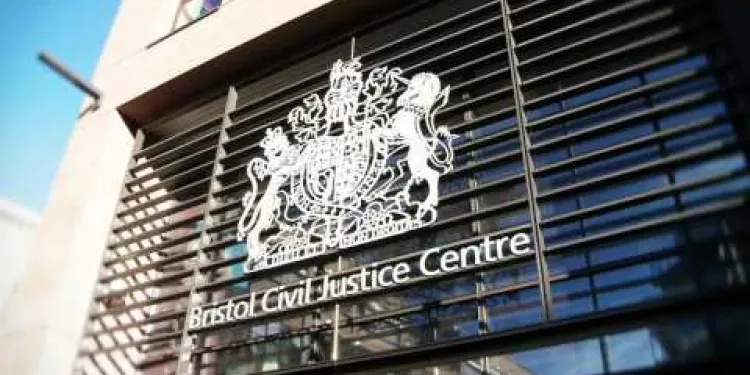
The Family Court without a Lawyer - Video 1 of 3
Relevance: 100%
-
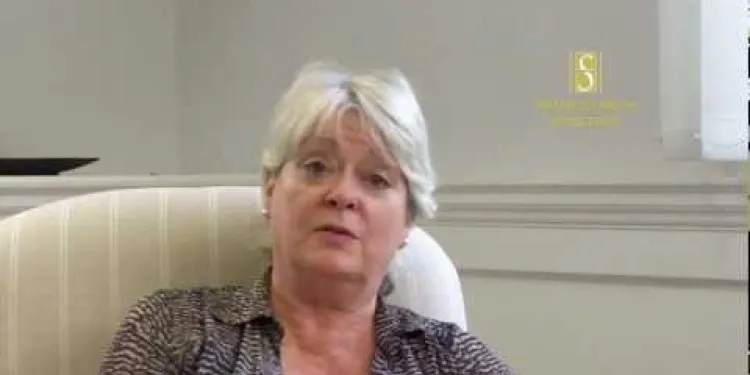
Court of Protection
Relevance: 64%
-
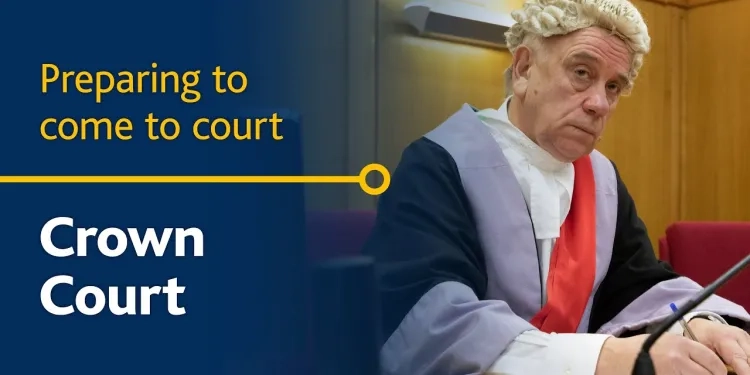
Crown Court - Preparing to come to court
Relevance: 57%
-
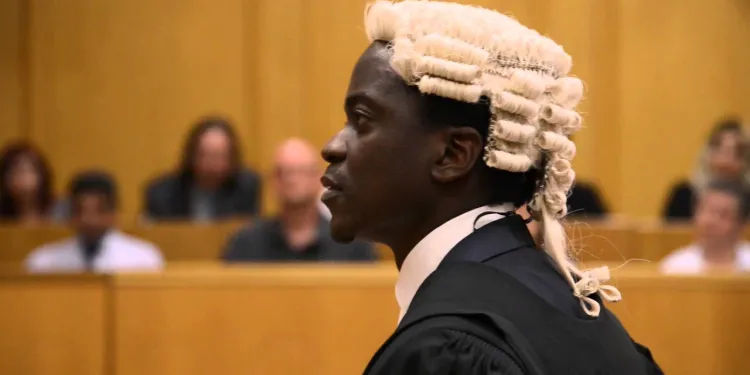
The Crown Court
Relevance: 54%
-
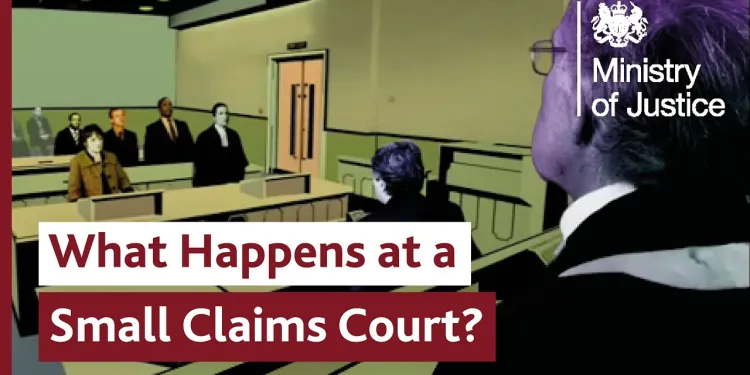
What Happens at Small Claims Court? Making a Court Claim for Money
Relevance: 49%
-
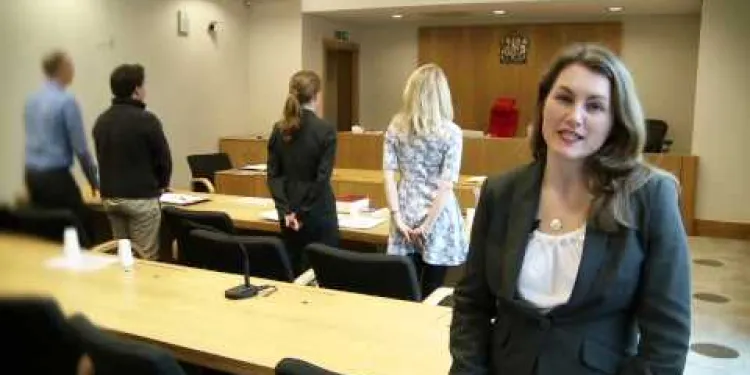
The Family Court without a Lawyer - Video 2 of 3
Relevance: 41%
-
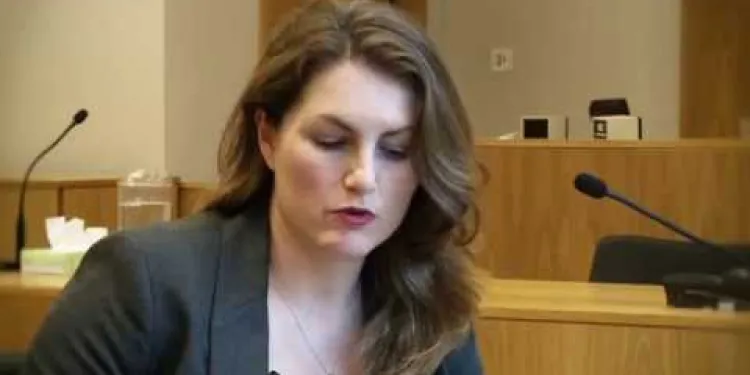
The Family Court without a Lawyer - Video 3 of 3
Relevance: 40%
-
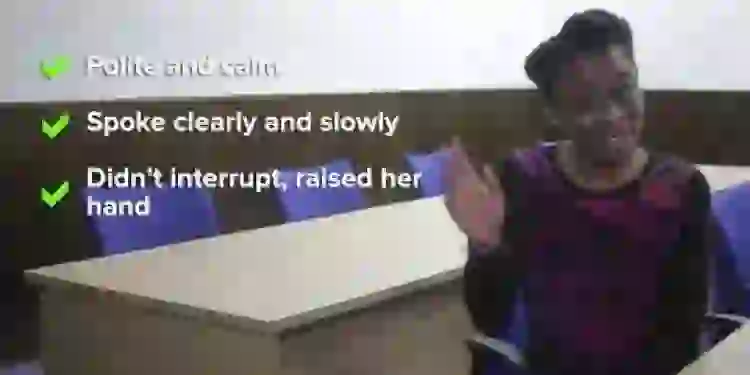
How to represent yourself in family court in England and Wales
Relevance: 39%
-
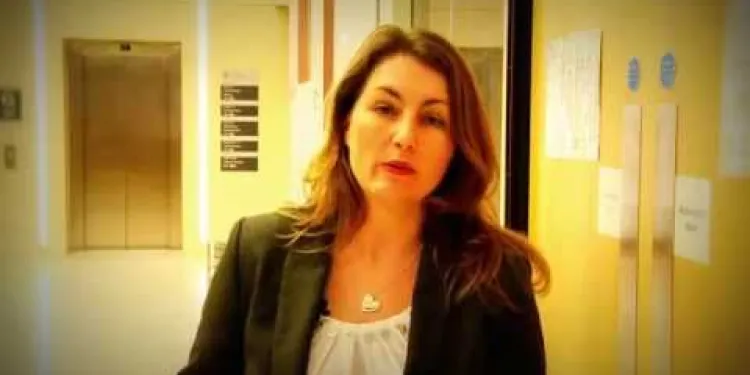
The Family Court without a Lawyer
Relevance: 35%
-
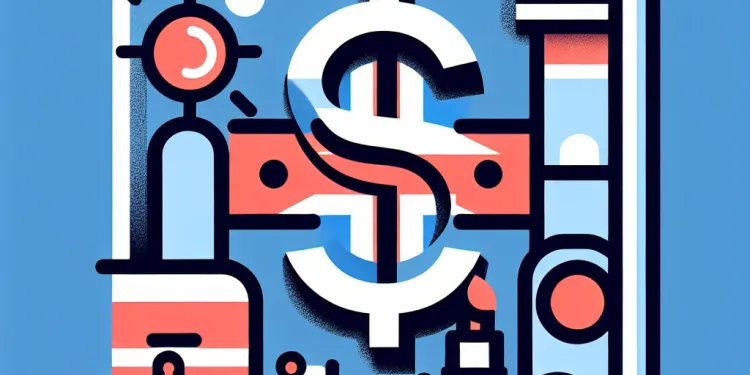
Is a higher SPF always better?
Relevance: 34%
-

What role does the Information Commissioner’s Office (ICO) play in these disputes?
Relevance: 31%
-

Are defined contribution pensions protected if the provider goes bust?
Relevance: 31%
-
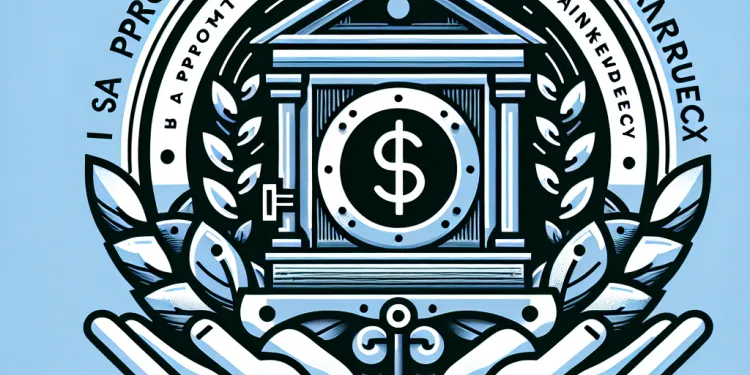
Is my ISA protected if my provider goes bankrupt?
Relevance: 31%
-
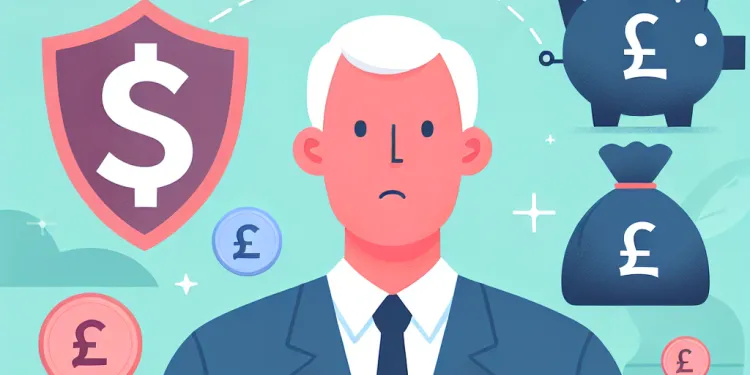
What is the Pension Protection Fund?
Relevance: 30%
-

Does tanning lotion prevent sunburn?
Relevance: 30%
-

Can makeup with SPF replace sunscreen?
Relevance: 28%
-
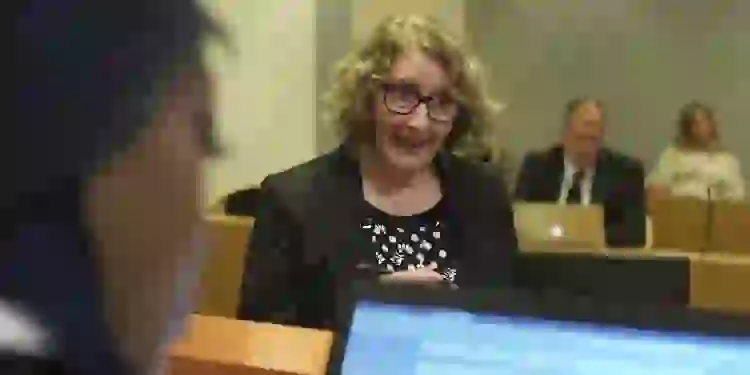
Magistrates in the Family Court: A Public Law Case
Relevance: 28%
-
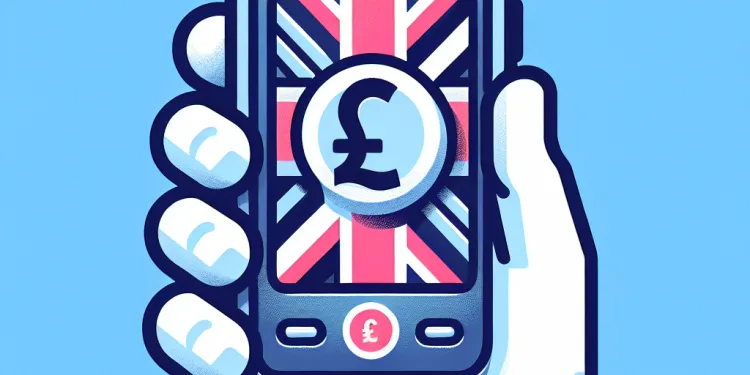
Can I use my phone during jury duty?
Relevance: 26%
-
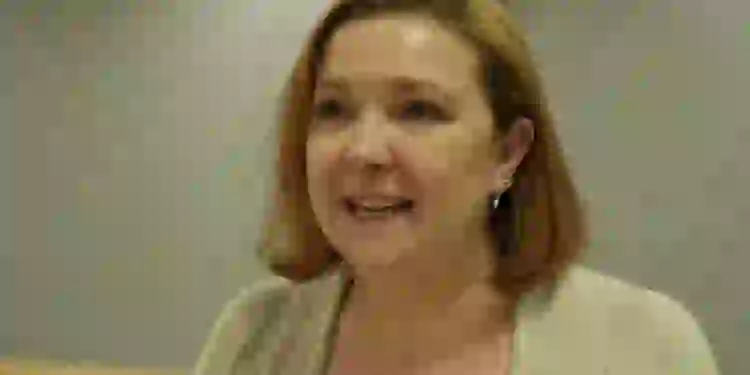
Magistrates in the Family Court: A Private Law Case
Relevance: 26%
-

Understanding Parental Rights in Light of New UK Child Protection Legislation
Relevance: 26%
-
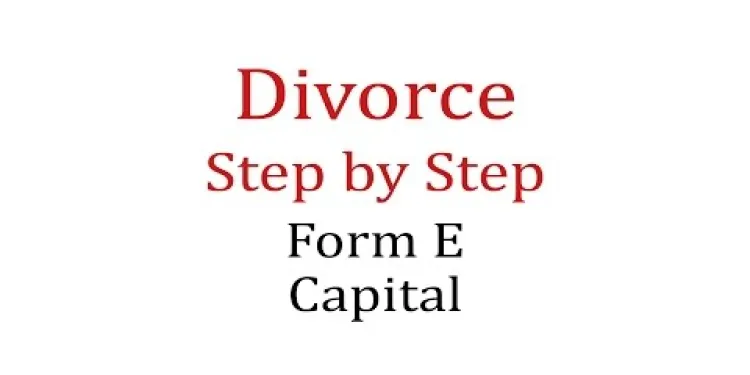
Divorce Step By Step - Form E - Capital
Relevance: 25%
-

What SPF should I use if I am going to be outdoors all day?
Relevance: 25%
-
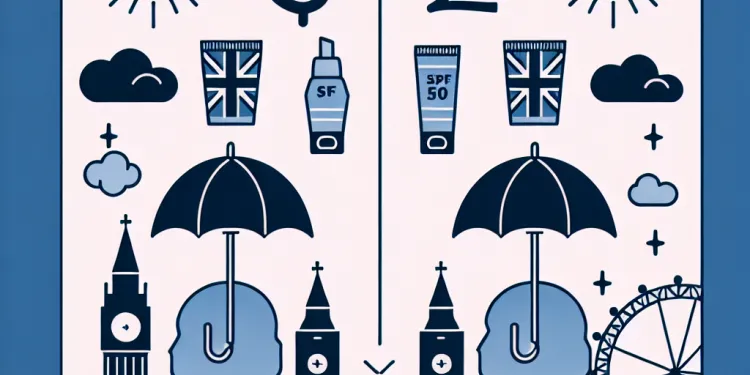
How does sunscreen with SPF 20 compare to SPF 50?
Relevance: 25%
-
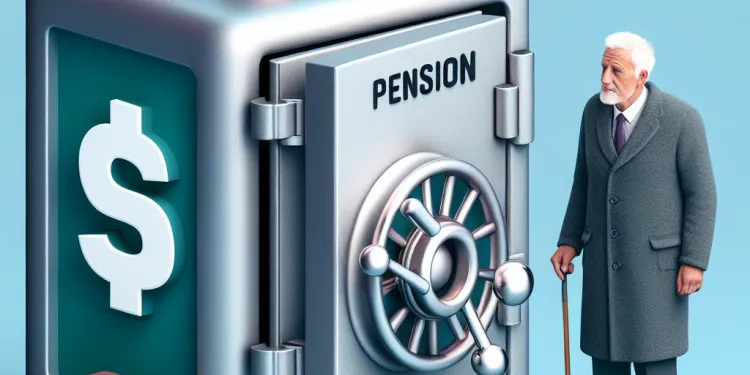
Can pensioners lose all their money if a pension provider fails?
Relevance: 24%
-

Can antivirus software protect my email from being hacked?
Relevance: 24%
-

How can I protect myself from new COVID-19 variants?
Relevance: 23%
-
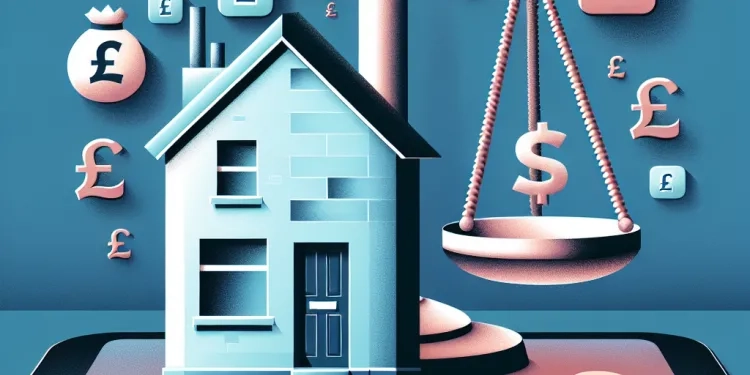
Can I appeal a court's eviction decision?
Relevance: 23%
-
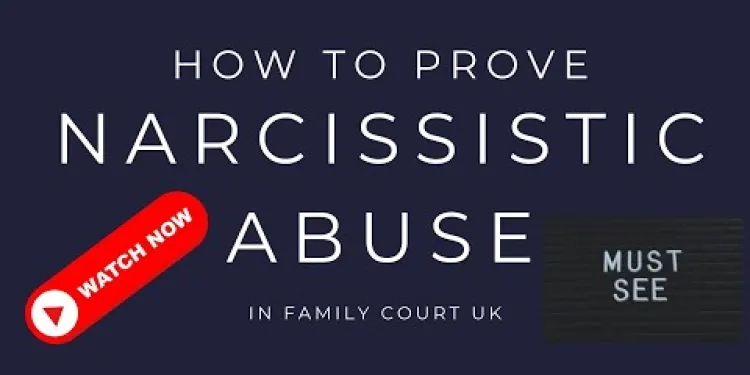
How To Prove Narcissistic Abuse In Family Court UK
Relevance: 23%
-

How can I prepare for an eviction court hearing?
Relevance: 23%
-

Can dark-skinned individuals get sunburned?
Relevance: 21%
-
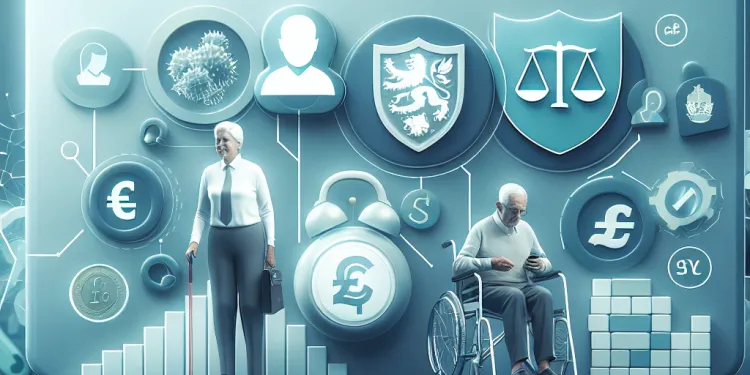
What role does government regulation play in protecting pensions?
Relevance: 21%
-

What SPF should I use if I have sensitive skin?
Relevance: 21%
-
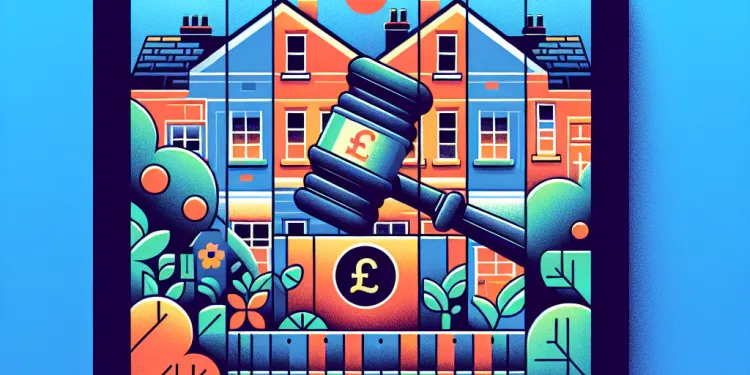
Does the ICO have the power to take action against my neighbour?
Relevance: 21%
-
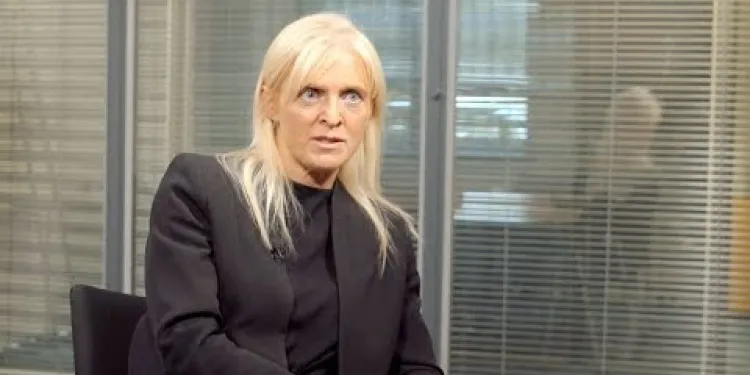
Child Care Proceedings | Family Law
Relevance: 20%
-
Does the flu vaccine protect against COVID-19?
Relevance: 20%
-

Understanding the Impact of the UK's New Domestic Abuse Legislation
Relevance: 20%
-
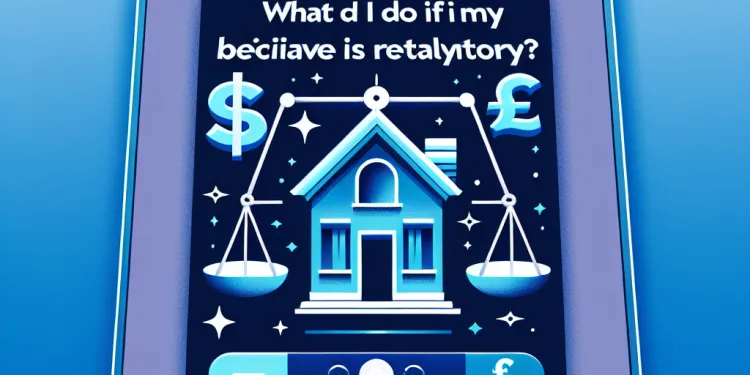
What can I do if I believe my eviction is retaliatory?
Relevance: 20%
-

What SPF level is recommended to prevent sunburn?
Relevance: 20%
-
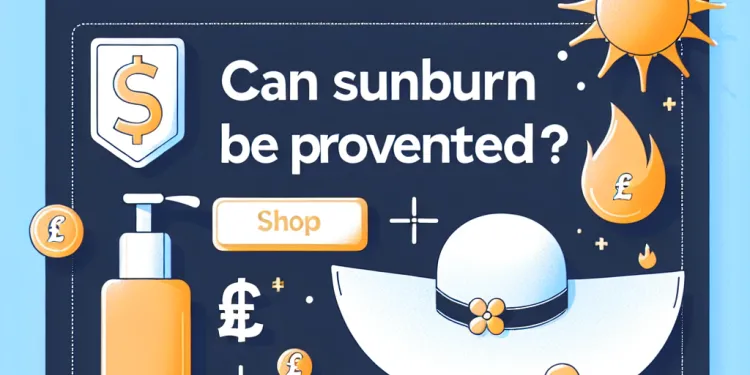
Can sunburn be prevented?
Relevance: 19%
-

Do I need a different SPF for water-related activities?
Relevance: 19%
Court of Protection: An Overview
What is the Court of Protection?
The Court of Protection in the United Kingdom primarily deals with issues related to individuals who lack the mental capacity to manage their own affairs. This can include managing financial matters, property, health, and well-being. The court aims to protect and empower vulnerable individuals, ensuring their best interests are prioritized in all decisions made on their behalf.Roles and Responsibilities
The Court of Protection has several critical roles and responsibilities, including: - Issuing decisions regarding the capacity of individuals to make specific decisions themselves. - Appointing deputies to make decisions on behalf of those who lack capacity. - Granting permission for certain actions that require court approval, such as creating a statutory will. - Addressing disputes or concerns about decisions made by deputies or attorneys appointed under a Lasting Power of Attorney (LPA) or Enduring Power of Attorney (EPA).Deputies and Their Functions
Deputies are individuals appointed by the Court of Protection to handle the affairs of someone who lacks the capacity to do so. There are two main types of deputies: - Property and financial affairs deputies, who manage financial assets, pay bills, and handle property-related matters. - Personal welfare deputies, who make decisions related to health care and personal welfare, although such appointments are less common, with preference often given to informal decision-making where possible.Applying to the Court
To apply to the Court of Protection, individuals must complete and submit specific forms, along with supporting documentation and the relevant fee. The process can be initiated by individuals who believe someone lacks capacity, including family members, friends, or professionals. If a deputy is needed, the court will consider the individual's circumstances and appoint the most suitable person for the role.Lasting Power of Attorney vs. Court of Protection
A Lasting Power of Attorney (LPA) allows individuals to appoint someone they trust to make decisions on their behalf should they lose mental capacity in the future. This is different from the Court of Protection, which intervenes when no LPA is in place, or there is a dispute or concern about the appointed attorney. An LPA offers a proactive way to plan for the future, while the Court of Protection provides a reactive solution when no prior arrangements have been made.Safeguards and Supervision
To prevent abuse or mismanagement, the Court of Protection implements various safeguards and supervisory measures. Deputies must adhere to a set code of practice and are required to submit annual reports detailing the decisions they have made and how they have managed the individual’s affairs. The court also has the authority to investigate complaints and, if necessary, revoke a deputy’s appointment.Conclusion
The Court of Protection plays a vital role in safeguarding the rights and well-being of individuals who lack the mental capacity to make their own decisions. Through its comprehensive framework, it ensures that vulnerable individuals receive the assistance and protection they need, upholding their best interests at all times.Court of Protection: An Overview
What is the Court of Protection?
The Court of Protection helps people in the UK who can't make decisions on their own. This could be because they have trouble understanding things. The court helps with their money, property, health, and well-being. The court's job is to keep these people safe and make choices that are best for them.Roles and Responsibilities
The Court of Protection has important jobs, which include: - Deciding if someone can make their own choices. - Picking helpers called deputies to make choices for those who cannot. - Allowing certain actions that need court permission, like making a special type of will. - Solving problems or worries about what deputies or trusted helpers (under a Lasting Power of Attorney or Enduring Power of Attorney) are doing.Deputies and Their Functions
Deputies are people chosen by the court to help someone who cannot make decisions. There are two kinds of deputies: - Property and financial deputies, who manage money, pay bills, and take care of property. - Personal welfare deputies, who decide on health care and personal needs. But usually, families make these decisions together without needing a court deputy.Applying to the Court
To ask the Court of Protection for help, people fill out special forms. They also send papers showing why help is needed and pay a fee. Anyone who thinks a person needs help can ask the court, like family, friends, or professionals. The court picks the right person to be a deputy if needed.Lasting Power of Attorney vs. Court of Protection
A Lasting Power of Attorney (LPA) lets people choose someone they trust to make choices for them if they can't in the future. This is different from the Court of Protection, which steps in when there's no LPA or there are problems with the chosen helper. An LPA is a way to plan ahead, while the Court of Protection helps when there's no plan.Safeguards and Supervision
To keep everything safe and fair, the Court of Protection has rules deputies must follow. Deputies write reports every year about what they do. The court checks these reports and can look into any problems. They can also stop a deputy if things go wrong.Conclusion
The Court of Protection is very important in helping people who cannot make choices alone. It makes sure these people get the help and protection they need. This way, their well-being and best interests are always looked after. Recommended tools: Some people might find it helpful to use mind maps to organize information or use apps that read text aloud.Frequently Asked Questions
What is the Court of Protection?
The Court of Protection is a specialist court in the United Kingdom that makes decisions on financial or welfare matters for people who lack the mental capacity to make those decisions themselves.
Who does the Court of Protection protect?
The Court of Protection protects individuals who lack the mental capacity to make certain decisions for themselves, such as those related to finances, health, and personal welfare.
How can I apply to the Court of Protection?
You can apply to the Court of Protection by filling out the necessary application forms, which can be found on the GOV.UK website, and providing evidence that the person in question lacks mental capacity.
What types of cases does the Court of Protection handle?
The Court of Protection handles cases involving decisions about property and financial affairs, as well as health and welfare decisions for individuals who lack capacity.
How does the Court of Protection decide if someone lacks capacity?
The Court of Protection decides if someone lacks capacity based on assessments and reports from medical professionals and other relevant evidence presented during proceedings.
What is a Deputy?
A Deputy is a person appointed by the Court of Protection to make decisions on behalf of someone who lacks the capacity to make certain decisions for themselves.
How do I become a Deputy?
To become a Deputy, you need to apply to the Court of Protection, providing detailed information about the person you want to help, and your suitability for the role. The application process includes completing various forms and possibly attending a hearing.
What are the responsibilities of a Deputy?
Deputies are responsible for making decisions in the best interests of the person they are supporting. This can include managing financial affairs, making health care decisions, and ensuring that the person's personal welfare is looked after.
Can the Court of Protection remove a Deputy?
Yes, the Court of Protection can remove a Deputy if they are not acting in the best interests of the person they represent or are not fulfilling their duties properly.
Can the Court of Protection help with urgent decisions?
Yes, the Court of Protection can make urgent decisions if immediate action is required to protect a person who lacks mental capacity. You can apply for an urgent or emergency order.
What is a Lasting Power of Attorney?
A Lasting Power of Attorney (LPA) is a legal document that lets you appoint one or more people to help you make decisions or to make decisions on your behalf if you lose mental capacity.
How is a Lasting Power of Attorney different from a Deputyship order?
A Lasting Power of Attorney is set up by an individual while they have the mental capacity to do so, whereas a Deputyship order is granted by the Court of Protection when someone has already lost capacity.
What happens if there is a dispute about a decision made by the Court of Protection?
If there is a dispute about a decision made by the Court of Protection, parties can appeal the decision. It may involve a formal reconsideration or appeal process, which requires legal advice and support.
Are the Court of Protection hearings public?
Most Court of Protection hearings are private to protect the privacy of the individuals involved. However, some judgments are published to promote transparency.
What fees are involved in applying to the Court of Protection?
Fees for applying to the Court of Protection can vary depending on the complexity of the case. There are initial application fees, and there may be additional costs for assessments, legal representation, and ongoing supervision fees for deputies.
What is the Court of Protection?
The Court of Protection is a special court. It helps people who cannot make decisions for themselves. This might be because they are sick or have a disability.
The court makes important choices about things like money, property, and healthcare for these people.
Some helpful tools and tips for understanding:
- Ask someone you trust to explain in simple words.
- Use pictures or videos to understand better.
- Take your time reading each part slowly.
The Court of Protection is a special court in the UK. It helps people who can't make their own choices about money or care because they find it hard to understand things.
Who Does the Court of Protection Help?
The Court of Protection helps people who can't make decisions for themselves. This can be because of a problem with their brain or a disability.
If someone can't decide about money or health, the Court finds someone to help them.
To understand better, you can:
- Ask a friend or family member to explain.
- Use pictures or drawings to help you see what it means.
- Listen to someone read it out loud to you.
The Court of Protection helps people who find it hard to make decisions on their own. This can be about their money, health, or personal care.
How do I ask the Court of Protection for help?
You can ask the Court of Protection for help. Fill out the forms you find on the GOV.UK website. Show proof that the person cannot make decisions by themselves.
What does the Court of Protection do?
The Court of Protection makes important decisions to help people who may find it hard to make choices for themselves. This may be because they are not well or have a learning difficulty.
Here are some things the Court of Protection does:
- Money: It helps decide what happens with a person's money if they cannot decide themselves.
- Health & Care: It decides where a person should live or what kind of care they should have if they need help deciding.
- Letters & Forms: It helps with signing important papers if someone cannot do it on their own.
Some tools that can help understand more:
- Pictures: Use pictures to show what the court does.
- Videos: Watch videos that explain what the court decides.
- Ask for Help: Talk to someone you trust like a teacher, family member, or support worker.
The Court of Protection helps people who cannot make decisions for themselves. It makes decisions about money, property, health, and care for these people.
How does the Court of Protection decide if someone cannot make decisions?
The Court of Protection helps people who cannot make decisions for themselves. They check if someone can understand information, make choices, and tell others what they want.
Here is how they check:
- Understand information: The person needs to know what information they have and what choices they can make.
- Remember information: The person should be able to remember the important facts.
- Think about choices: The person should think about the good and bad of each choice.
- Tell others: The person should say or show what they have decided.
If someone cannot do these things, the court might help them with decisions.
Tools to help understand:
- Pictures or videos
- Helping words (like lists or simple explanations)
The Court of Protection helps decide if a person can make their own decisions. They do this by looking at reports from doctors and other important information.
What is a Deputy?
A deputy is a helper or assistant. They help someone important. For example, a deputy helps a boss or a leader. They support them by doing jobs and making decisions.
Here are some ways to understand better:
- Ask someone to explain the word.
- Watch a video about what deputies do.
- Use picture cards to learn new words.
A Deputy is someone chosen by the Court of Protection. They help make choices for a person who cannot make decisions on their own.
How can I become a Deputy?
Do you want to be a Deputy? Here is how you can do it:
1. **Learn about the job:** Find out what a Deputy does. You can ask someone who knows or read simple books.
2. **Go to school:** Stay in school and do your best. Ask for help if you find something hard.
3. **Talk to a grown-up:** Ask a grown-up or teacher to help you learn more. They might know someone who is a Deputy.
4. **Use the internet:** There are videos and websites that can tell you more about being a Deputy.
5. **Practice speaking clearly:** Deputies often talk to people, so practice talking clearly with friends or family.
To be a Deputy, you need to ask the Court of Protection. You have to tell them about the person you want to help and why you would be a good Deputy. You need to fill out some forms and you might need to go to a court meeting.
What does a Deputy do?
A Deputy helps make decisions for someone who cannot do it themselves. They make sure to keep the person safe and happy. Some tools that can help are pictures, simple words, or step-by-step instructions. Asking a friend or family member for help can also be useful.
Deputies help people who might need support. They make important choices for them. This can include handling money, deciding on health care, and making sure the person is happy and safe.
Can the Court of Protection take away a Deputy?
The Court of Protection can take away a Deputy. A Deputy is someone who helps make decisions for a person who can’t do it themselves. If the Court thinks the Deputy is not doing a good job, they can choose a new Deputy.
If you have trouble understanding this, you might ask someone to explain it, like a family member, friend, or a teacher. You can also use tools like text-to-speech to hear the words out loud, which might help you understand better.
Yes, the Court of Protection can take away the Deputy if they are not doing a good job or not helping the person they should be helping.
Can the Court of Protection help with urgent decisions?
Sometimes, we need to make a quick decision to help someone. The Court of Protection is a special place that can help with these decisions.
If someone cannot decide for themselves, the Court can make a decision for them. This is to keep them safe and make sure they get what they need.
If you need help quickly, the Court can look at your situation fast. Here are some things that might help:
- Ask someone you trust to help explain what is happening.
- Use pictures or drawings to understand better.
- Talk to people who can help, like family or a social worker.
Yes, the Court of Protection can act quickly if someone needs help right away and they cannot make decisions for themselves. You can ask for an urgent or emergency decision.
What is a Lasting Power of Attorney?
A Lasting Power of Attorney (LPA) is a legal paper. It lets someone you trust make decisions for you. This is important if you cannot make decisions yourself.
There are two types of LPA:
- One for your money and things you own.
- One for your health and care.
You can get help from a grown-up, like a parent or carer, to fill out the forms. It's good to talk to someone you trust when making an LPA.
A Lasting Power of Attorney (LPA) is a special paper. It lets you choose one or more people to help you make choices. They can also make choices for you if you can't think straight anymore.
What is the difference between a Lasting Power of Attorney and a Deputyship Order?
A Lasting Power of Attorney (LPA) is when someone you trust helps you make decisions about your money or health. You choose this person.
A Deputyship Order is when a court chooses someone to help if you cannot make decisions, and you did not already choose someone.
Helpful Tips:
- Ask someone to explain the words you don’t understand.
- Use pictures or drawings to show what is happening.
- Talk to a friend or family member to help you.
A Lasting Power of Attorney is something you decide to make when you can still think clearly and make choices for yourself. If you can't do this anymore, the Court of Protection might make a Deputyship order instead.
What if people don't agree with a decision made by the Court of Protection?
Sometimes, people might not agree with what the Court of Protection decides. If this happens, they can ask for help or talk to someone about it. Here are some ways to do that:
- You can talk to a lawyer. A lawyer is someone who knows a lot about the law and can help explain what you can do next.
- You can ask for a meeting to talk about why you disagree. This is called a "review." It gives you a chance to say what you think.
- Using pictures or simple words can help you understand better. This is called "supportive tools."
It's important to ask for help if you don't understand or if you think the decision is wrong. There are people who can help explain things to you.
If you do not agree with what the Court of Protection has decided, you can ask for the decision to be looked at again. This is called an appeal. You might need help from a lawyer to do this.
Can anyone go to Court of Protection meetings?
Most Court of Protection meetings are private. This is to keep people's information safe. But sometimes, they share the decisions they make. This helps people understand what happens in court.
What costs are there when asking the Court of Protection for help?
When you ask the Court of Protection for help, you might have to pay some money. How much you pay can change based on how tricky the problem is. First, there's a fee to start the process. You might also need to pay more for checks, a lawyer to help you, and for someone to watch over things.
Useful Links
Useful links from: Understanding Your Rights in Divorce Proceedings
- NHS - Help for domestic violence and abuse NHS resource offering guidance and support for individuals experiencing domestic violence, including services that might be useful during divorce proceedings.
- Relate - Understanding Divorce Relate provides comprehensive information to help you understand your rights and the processes involved in divorce.
- Rights of Women - Family Law Rights of Women offers a range of resources and legal advice on family law, including divorce, to support women's legal rights.
- Citizens Advice - Ending a Marriage Citizens Advice provides detailed information on the steps involved in ending a marriage and understanding your legal rights throughout the divorce process.
- Ergsy carfully checks the information in the videos we provide here.
- Videos shown by Youtube after a video has completed, have NOT been reviewed by ERGSY.
- To view, click the arrow in centre of video.
- Most of the videos you find here will have subtitles and/or closed captions available.
- You may need to turn these on, and choose your preferred language.
- Go to the video you'd like to watch.
- If closed captions (CC) are available, settings will be visible on the bottom right of the video player.
- To turn on Captions, click settings .
- To turn off Captions, click settings again.
More Items From Ergsy search
-

The Family Court without a Lawyer - Video 1 of 3
Relevance: 100%
-

Court of Protection
Relevance: 64%
-

Crown Court - Preparing to come to court
Relevance: 57%
-

The Crown Court
Relevance: 54%
-

What Happens at Small Claims Court? Making a Court Claim for Money
Relevance: 49%
-

The Family Court without a Lawyer - Video 2 of 3
Relevance: 41%
-

The Family Court without a Lawyer - Video 3 of 3
Relevance: 40%
-

How to represent yourself in family court in England and Wales
Relevance: 39%
-

The Family Court without a Lawyer
Relevance: 35%
-

Is a higher SPF always better?
Relevance: 34%
-

What role does the Information Commissioner’s Office (ICO) play in these disputes?
Relevance: 31%
-

Are defined contribution pensions protected if the provider goes bust?
Relevance: 31%
-

Is my ISA protected if my provider goes bankrupt?
Relevance: 31%
-

What is the Pension Protection Fund?
Relevance: 30%
-

Does tanning lotion prevent sunburn?
Relevance: 30%
-

Can makeup with SPF replace sunscreen?
Relevance: 28%
-

Magistrates in the Family Court: A Public Law Case
Relevance: 28%
-

Can I use my phone during jury duty?
Relevance: 26%
-

Magistrates in the Family Court: A Private Law Case
Relevance: 26%
-

Understanding Parental Rights in Light of New UK Child Protection Legislation
Relevance: 26%
-

Divorce Step By Step - Form E - Capital
Relevance: 25%
-

What SPF should I use if I am going to be outdoors all day?
Relevance: 25%
-

How does sunscreen with SPF 20 compare to SPF 50?
Relevance: 25%
-

Can pensioners lose all their money if a pension provider fails?
Relevance: 24%
-

Can antivirus software protect my email from being hacked?
Relevance: 24%
-

How can I protect myself from new COVID-19 variants?
Relevance: 23%
-

Can I appeal a court's eviction decision?
Relevance: 23%
-

How To Prove Narcissistic Abuse In Family Court UK
Relevance: 23%
-

How can I prepare for an eviction court hearing?
Relevance: 23%
-

Can dark-skinned individuals get sunburned?
Relevance: 21%
-

What role does government regulation play in protecting pensions?
Relevance: 21%
-

What SPF should I use if I have sensitive skin?
Relevance: 21%
-

Does the ICO have the power to take action against my neighbour?
Relevance: 21%
-

Child Care Proceedings | Family Law
Relevance: 20%
-
Does the flu vaccine protect against COVID-19?
Relevance: 20%
-

Understanding the Impact of the UK's New Domestic Abuse Legislation
Relevance: 20%
-

What can I do if I believe my eviction is retaliatory?
Relevance: 20%
-

What SPF level is recommended to prevent sunburn?
Relevance: 20%
-

Can sunburn be prevented?
Relevance: 19%
-

Do I need a different SPF for water-related activities?
Relevance: 19%